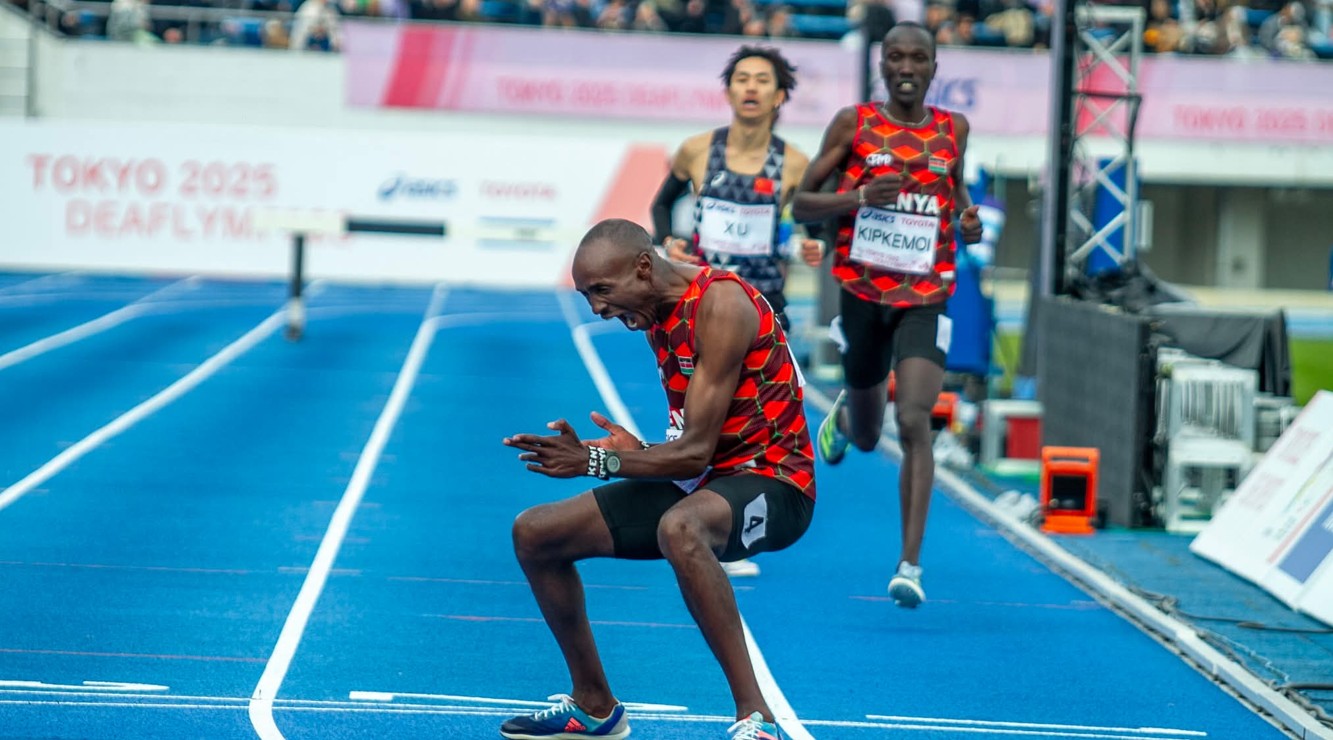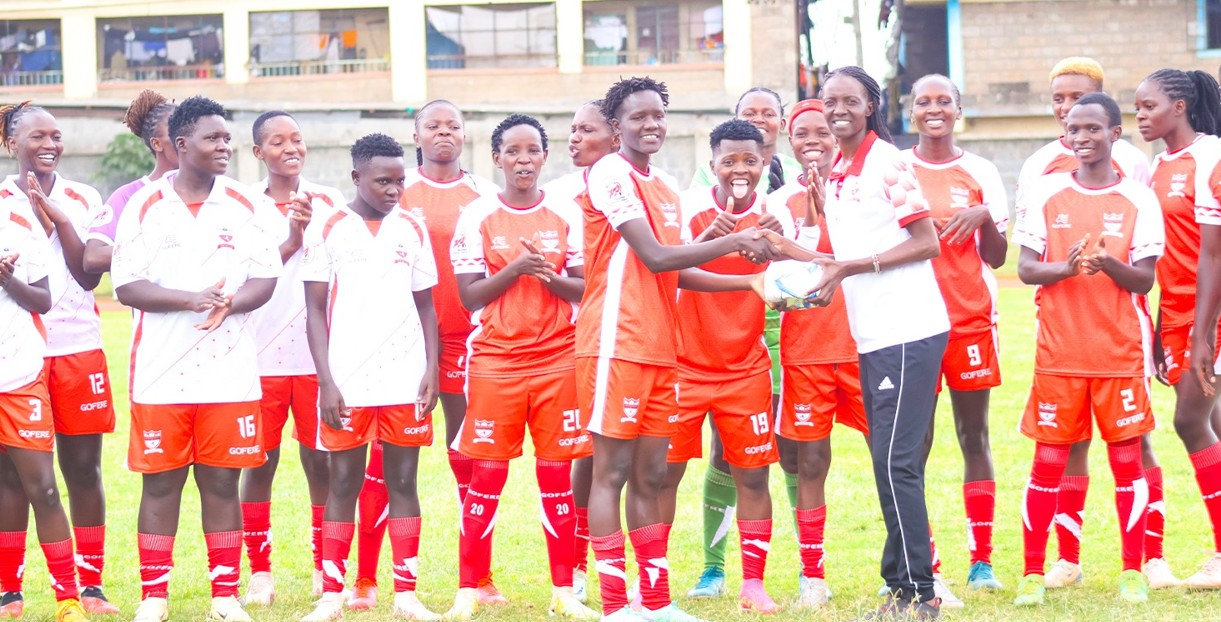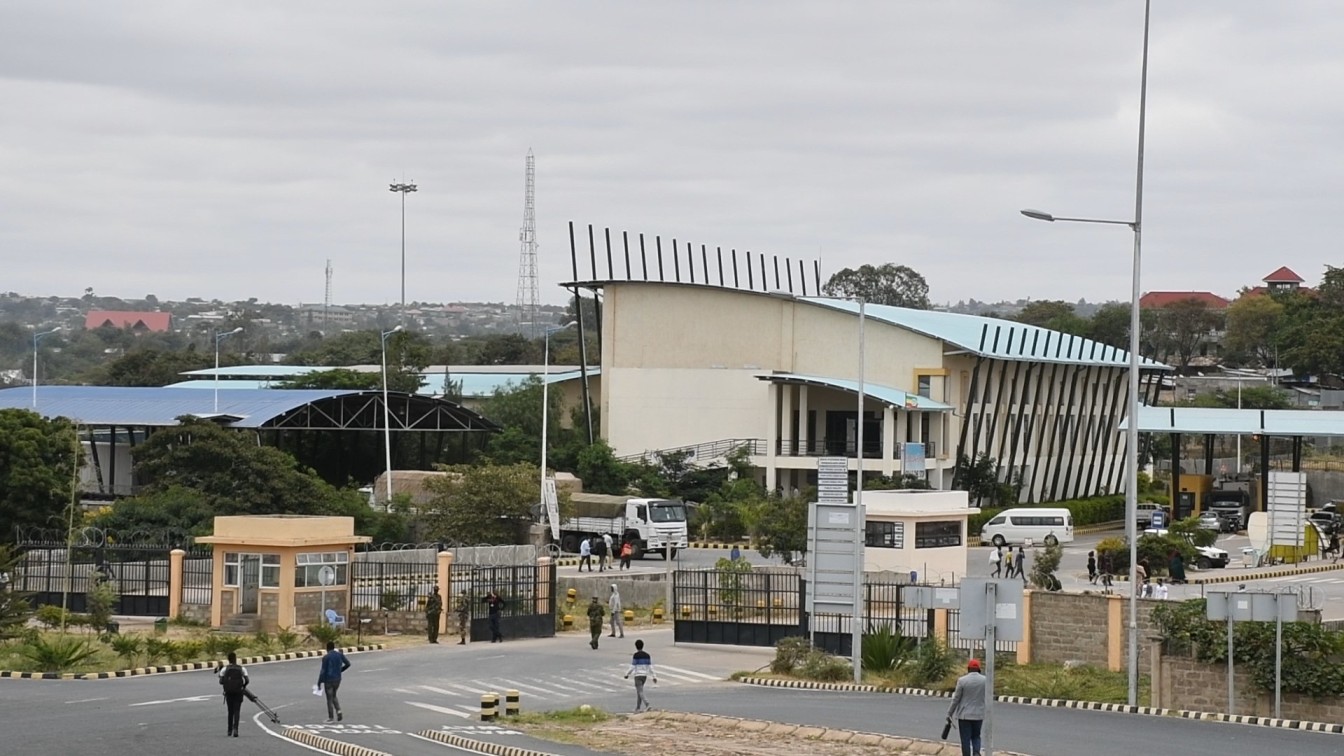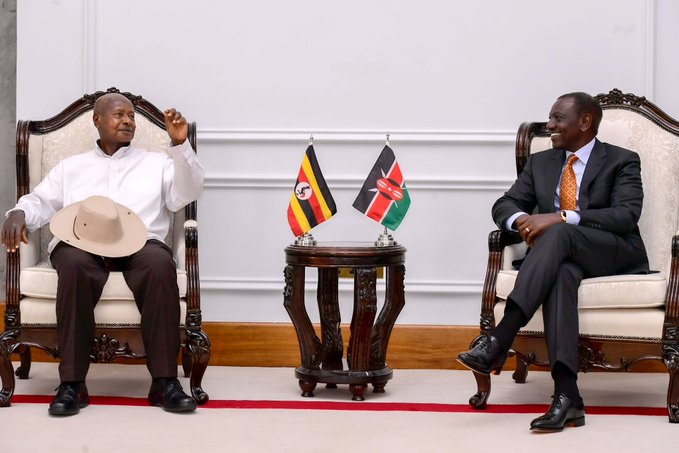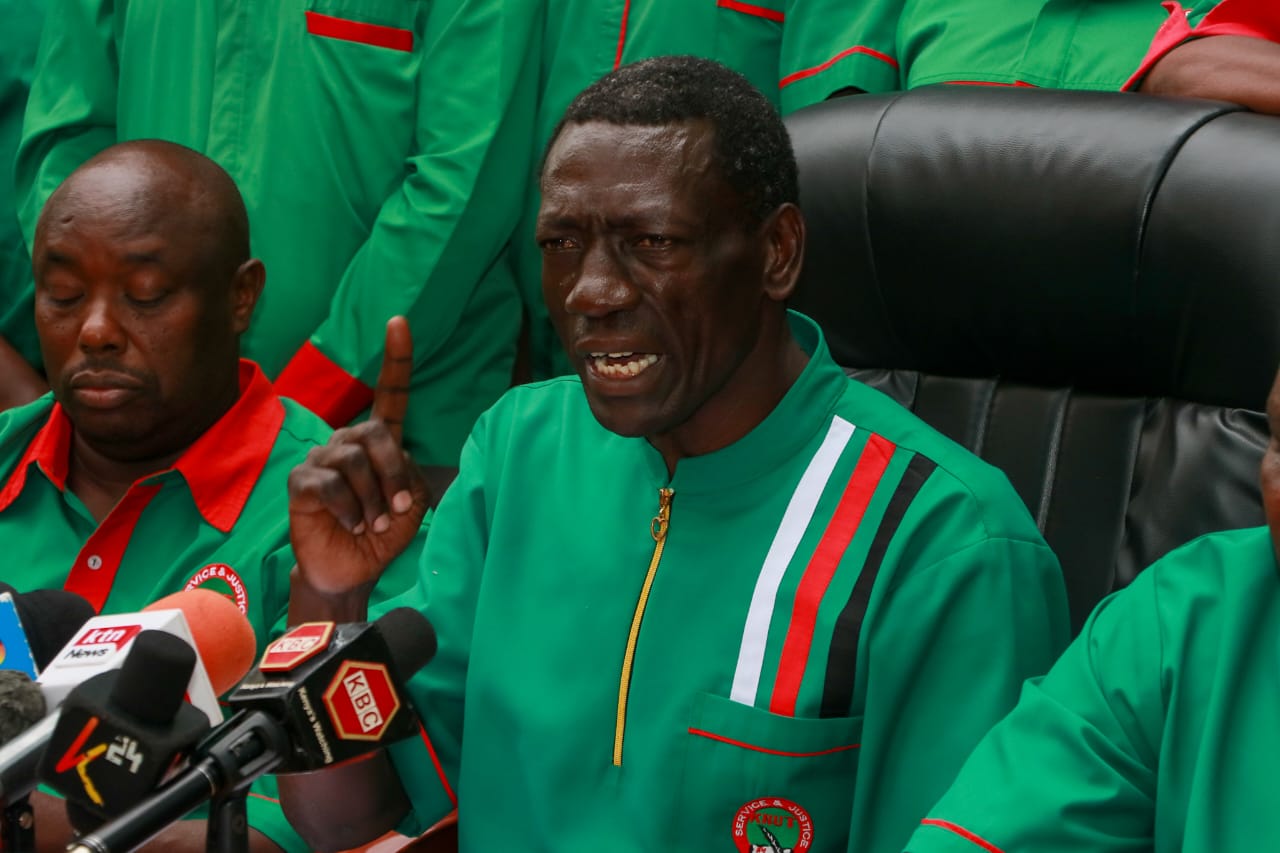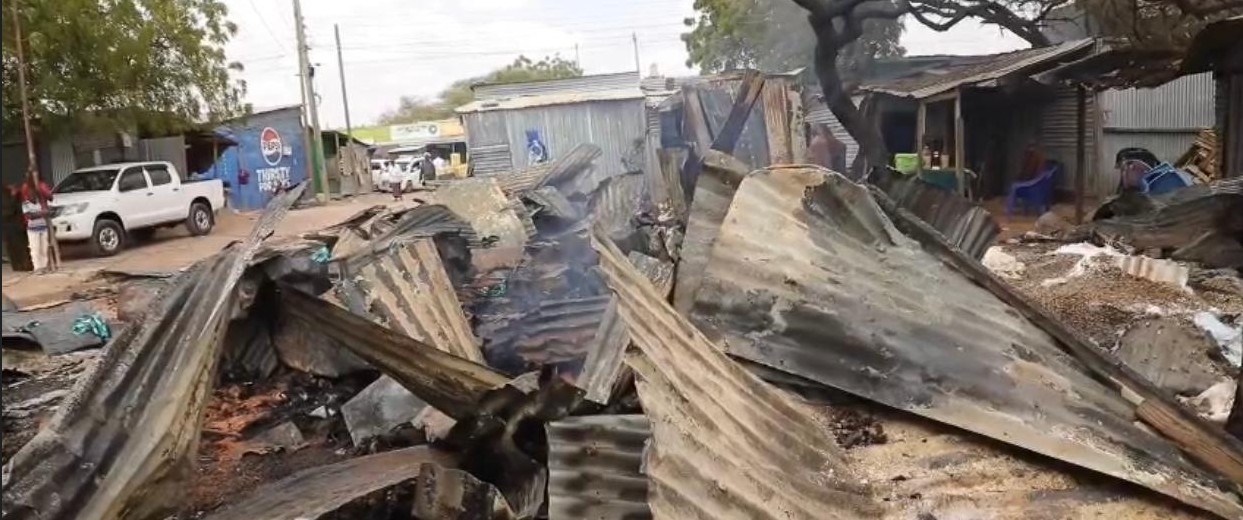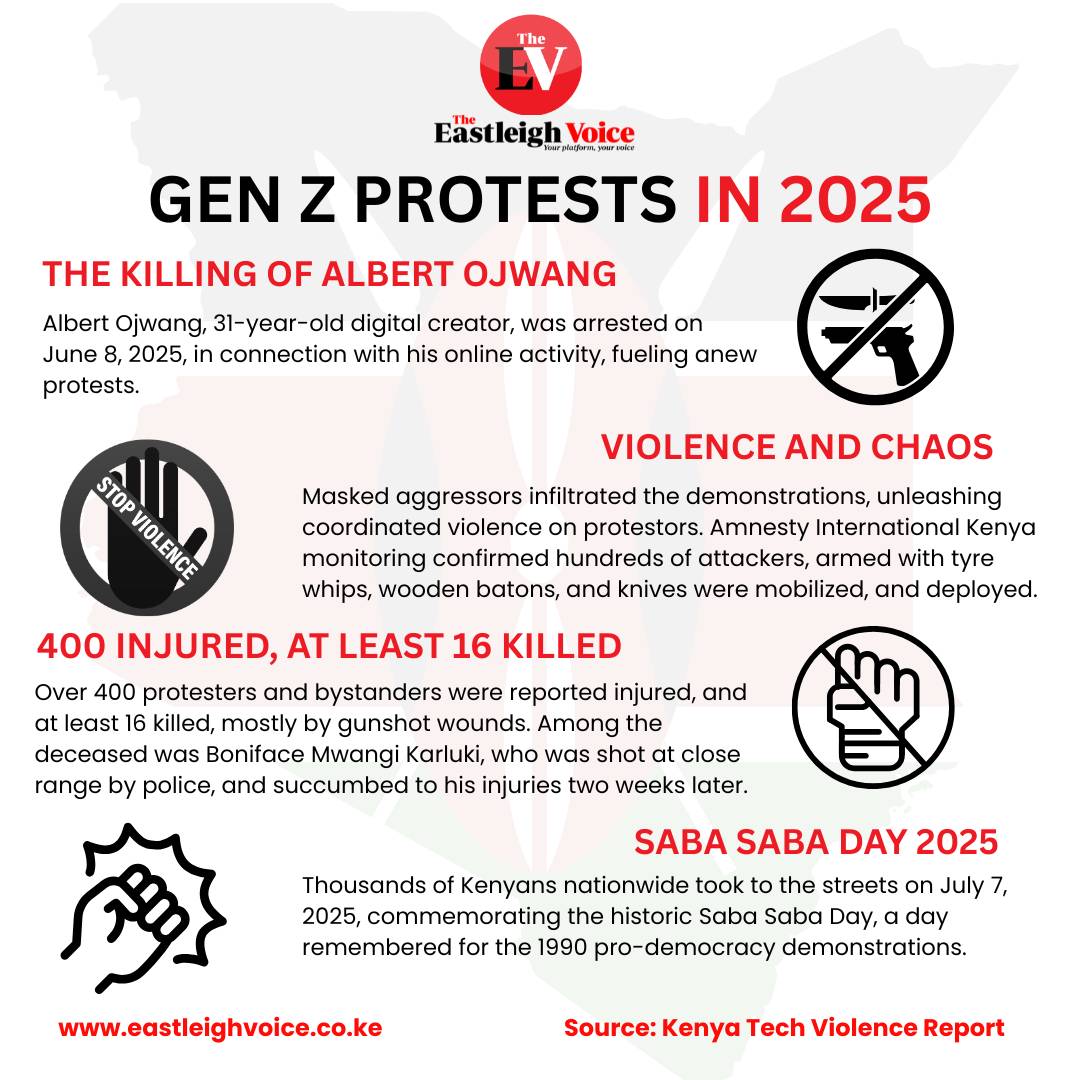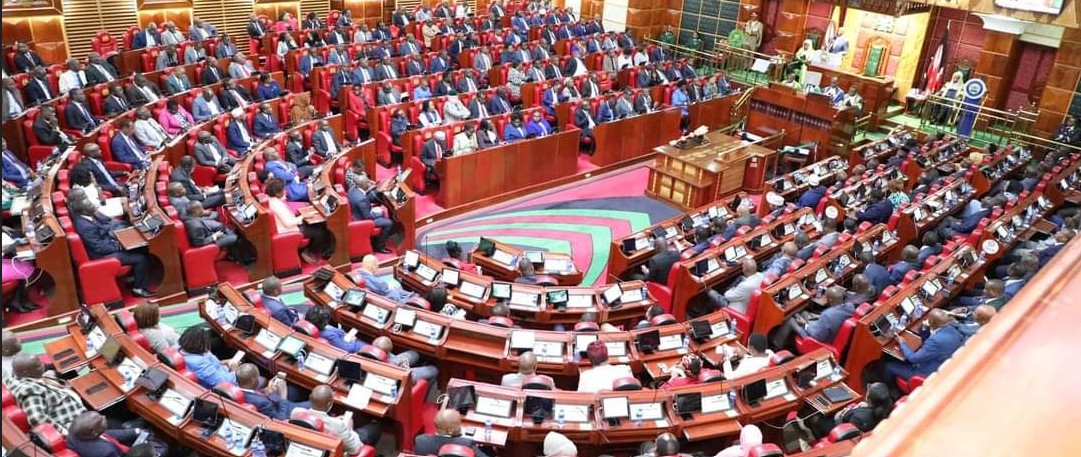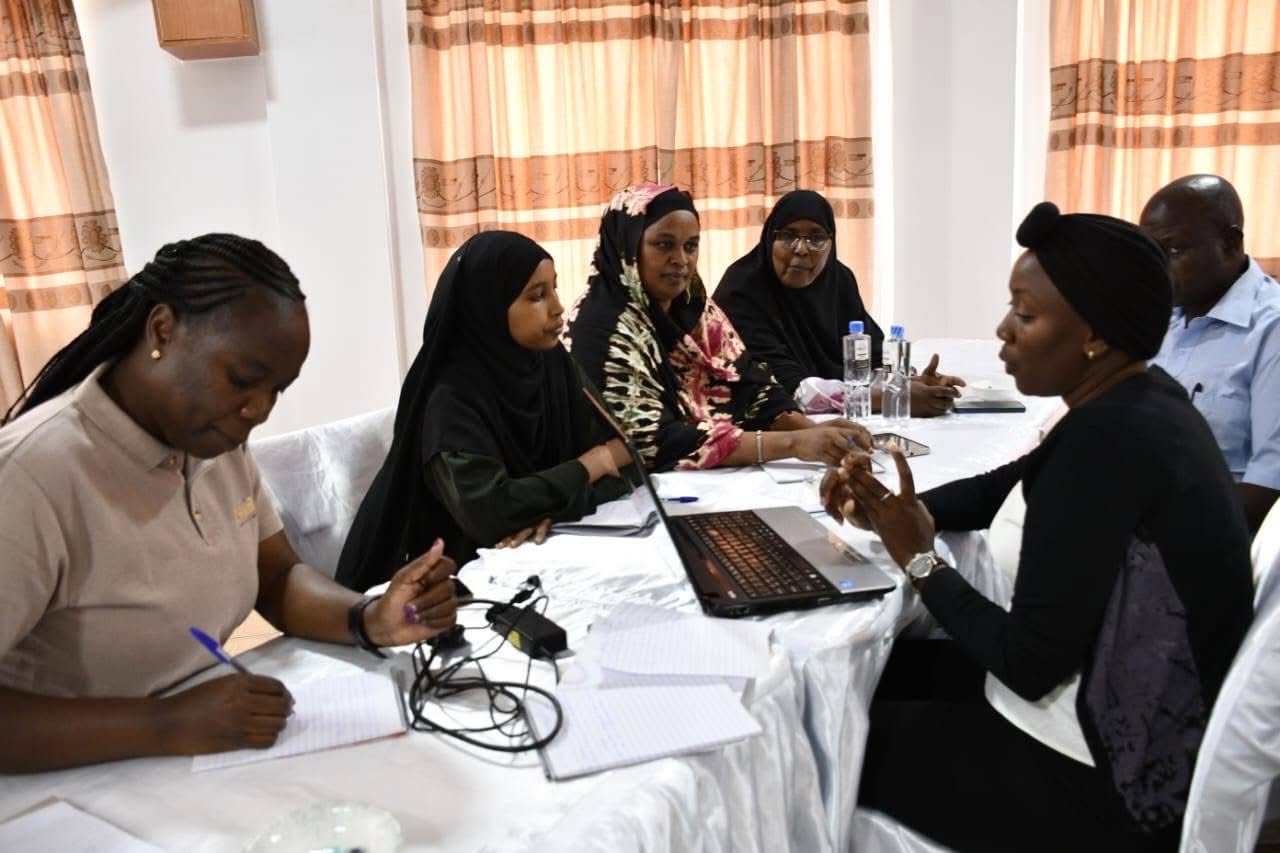Voters head to polls in Guinea-Bissau after opposition party excluded
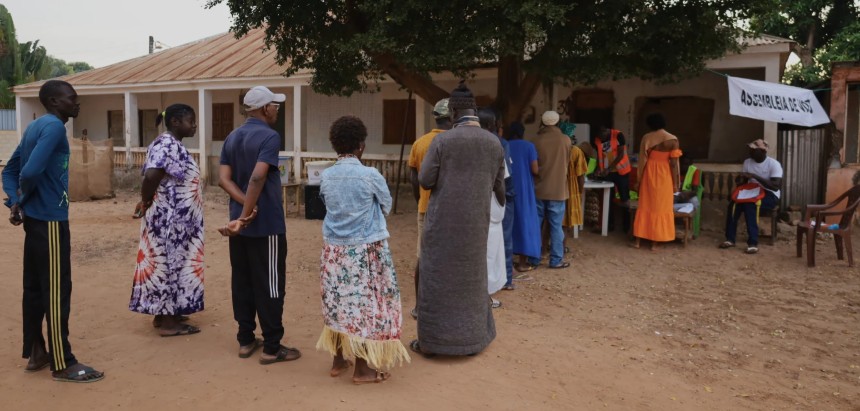
Guinea-Bissau has a long history of political instability, with multiple coups and attempted takeovers since gaining independence from Portugal more than 50 years ago.
Guinea-Bissau’s voters went to the polls on Sunday in a tense presidential and parliamentary election, following the exclusion of the country’s main opposition party.
President Umaro Sissoco Embalo is seeking a second term, but the African Party for the Independence of Guinea and Cape Verde (PAIGC), led by former Prime Minister Domingos Simoes Pereira, was barred from participating because officials said it missed the registration deadline.
More To Read
- Guinea-Bissau’s political crisis: a nation on the brink of authoritarianism
- Guinea-Bissau President Embalo to run for second term, backtracking on vow to step down
- ECOWAS mission leaves Guinea-Bissau after President Embalo threatens its expulsion
- Guinea-Bissau president threatens to expel ECOWAS mission, bloc says
Reports indicate that nearly half of the nation’s 2.2 million citizens are registered to vote. Eleven other candidates are challenging Embalo in the presidential race.
With PAIGC sidelined, the contest is primarily between Embaló, a 53-year-old former army general backed by a coalition of more than 20 political parties, and 47-year-old Fernando Dias da Costa, who reportedly enjoys the support of Pereira. The winner must secure over 50 per cent of the votes to avoid a runoff.
“The democracy we knew ... is no longer the model we are experiencing; we are experiencing a model defined by a single person,” political analyst Augusto Nansambe said, according to AP News.
Political uncertainty
The elections come after months of political uncertainty. The opposition has challenged President Embaló’s mandate, arguing that his term should have ended in February.
The Supreme Court later extended his mandate until September 2025, pushing the vote to November. Meanwhile, the opposition-controlled parliament has not convened since December 2023, when Embaló dissolved it following a failed coup attempt.
Guinea-Bissau has a long history of political instability, with multiple coups and attempted takeovers since gaining independence from Portugal more than 50 years ago.
During the campaign, Embalo promised development projects, including new roads and airport upgrades. His main rival, Dias, pledged to restore freedoms and security, urging voters to “vote for change, for national unity, for reconciliation, for peace, and for an end to the authoritarian regime in Guinea-Bissau.”
According to the World Bank, Guinea-Bissau remains one of the world’s poorest nations, with nearly half of its population living in poverty.
The country has also become a key hub for drug trafficking between Latin America and Europe. Despite these challenges, many voters are hopeful for change.
Top Stories Today
